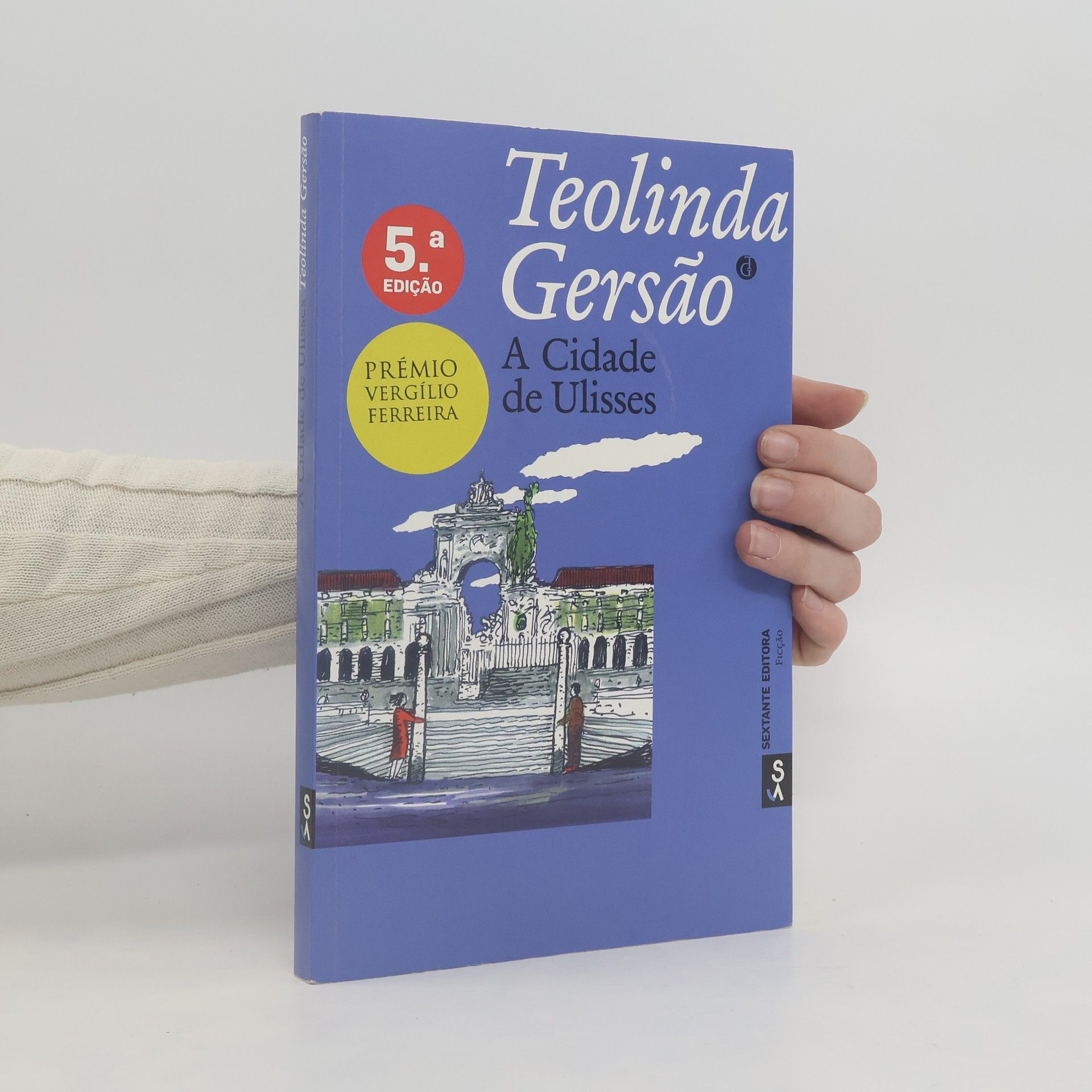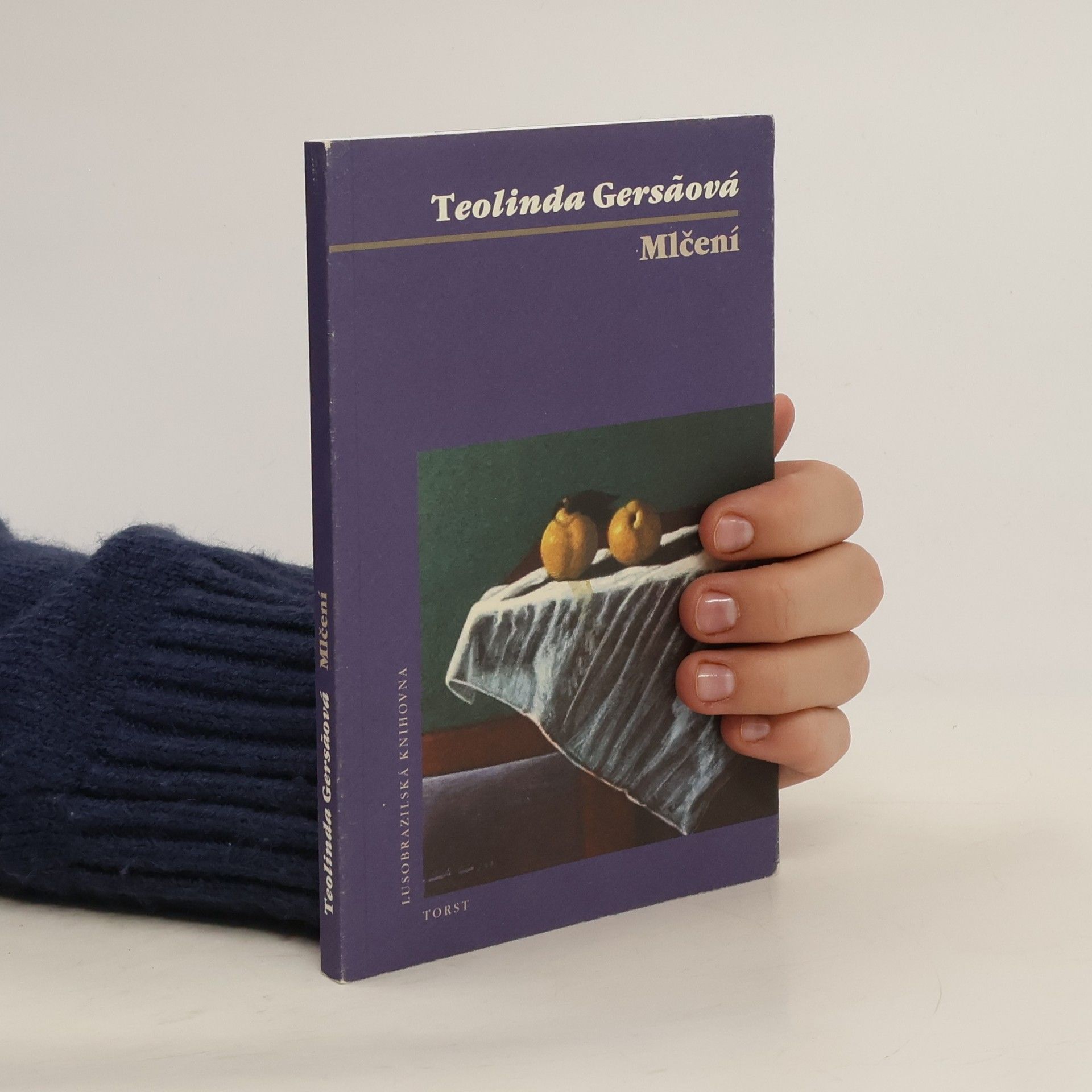Mlčení
- 130pagine
- 5 ore di lettura
Prvotina portugalské autorky (*1940), dnes patřící k veličinám moderní portugalské literatury, zkoumá možné podoby ženství v dnešním světě a vypovídá o nepotlačitelné lidské touze po osobní i společenské svobodě. Na základě peripetií milostného vztahu mezi mladičkou malířkou Lídií a úspěšným lékařem Afonsem se formálně křehká, vnitřně silná próza pokouší hledat možnosti dorozumění mezi mužským a ženským světem, které jsou do jisté míry také možnostmi soužití řádu a fantazie, zmapovaných jistot života a jeho neprobádaných končin, jednoduchého provozu a složité touhy po pravdě.



